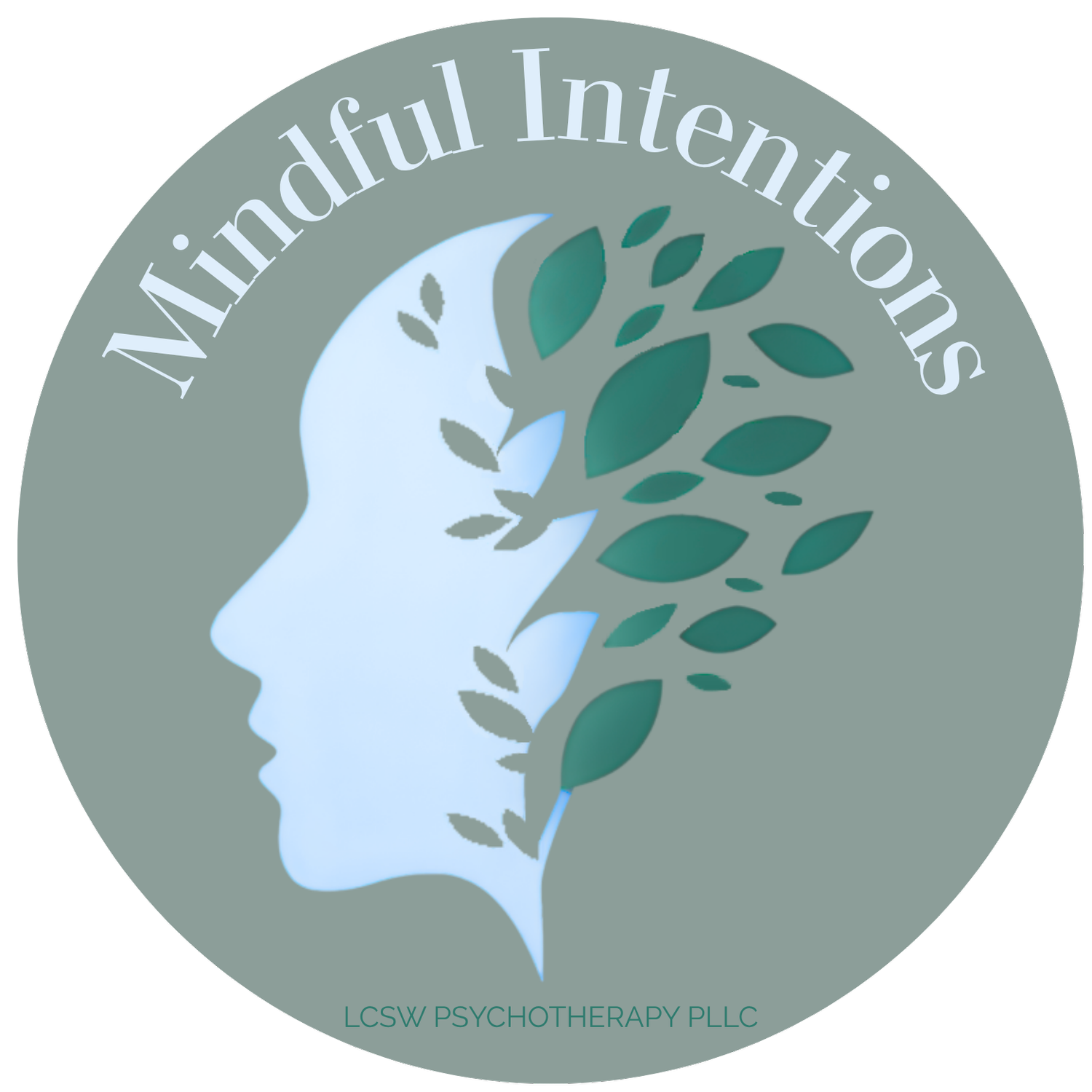Adults with ADHD
ADHD—Attention-Deficit/Hyperactivity Disorder—is a neurological condition that affects how your brain regulates attention, motivation, impulse control, and organization. It’s not about being lazy or irresponsible. It’s about how your brain is wired to function—especially when it comes to starting tasks, following through, managing time, and handling distractions. Getting a diagnosis in adulthood can bring a mix of relief, grief, and questions.
For many adults, being diagnosed later in life means you’ve spent years thinking your challenges were personal failings—like 'I just need to try harder,' or 'Why can’t I get it together like everyone else?' You may have developed shame, burnout, or anxiety as a result. Therapy can help you unlearn that self-blame and replace it with understanding and strategies that work for your brain.
Some common barriers adults face after diagnosis include:
Difficulty adjusting to the new self-understanding. You might feel conflicted—validated by the diagnosis but also grieving the years you struggled without support.
Overwhelm from ‘playing catch-up.’ Once diagnosed, many adults feel pressure to quickly fix everything or ‘make up’ for lost time, which can be exhausting.
Executive functioning challenges. Knowing you have ADHD doesn’t instantly make it easier to manage time, remember things, or stay focused—those skills still require practice and support.
Stigma, Shame, Guilt and Self-doubt. You may feel unsure about how others will react, or question whether your diagnosis is 'real enough,' especially if you’ve done well in some areas of life.
Navigating work, relationships, and routines. Many adults struggle with perfectionism, procrastination, or communication issues that stem from untreated ADHD.
Access to support. It can be hard to find ADHD-literate therapists, coaches, or even doctors who understand adult presentations of ADHD, especially if you’re also managing anxiety, depression, or past trauma.
In therapy, we focus not just on coping tools—like planning systems or habit-building—but also on unpacking the emotional toll ADHD may have taken. We work on building self-compassion, creating realistic structures, and helping you move forward with greater clarity and confidence. You’ve always been trying—now, you don’t have to do it alone or without the right tools.
